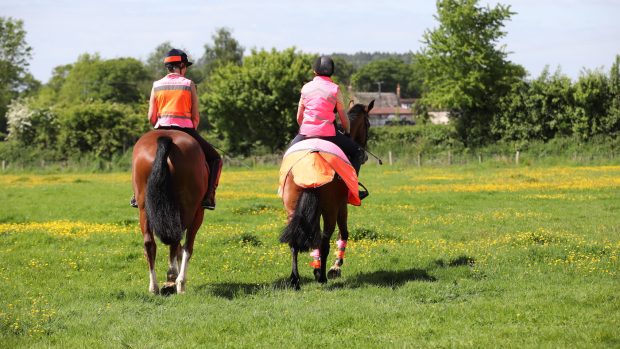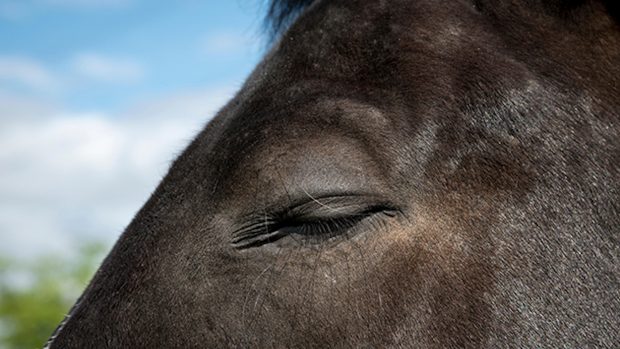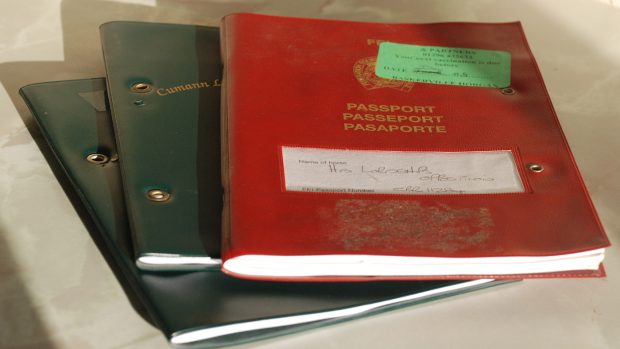Yes, the National Equine Database (NED) tells Defra who owns a horse, but NED does not want the government using it to help implement the proposed “horse tax”.
Thus NED has responded to owners angry about being on the compulsory database, as it reaches its first birthday.
Concerned readers contacted H&H after the government revealed plans to charge horse owners to fund a unit for monitoring and fighting possible equine disease outbreaks, questioning the National Equine Database’s possible role in this.
One wrote: “Following the recent publicity of the ‘Hoof Tax’, I contacted NED to find out about removing myself. EU regulations only require a horse to have a passport, so why make life easy for this ‘Orwellian’ government to tax us?”
National Equine Database chief executive Nick Wallbridge confirmed that a horse must have a passport by law and NED is Defra’s passport database, so it is impossible for owners to “opt out”.
But he added that the system is sometimes misunderstood.
“Some may believe NED is a ‘Big Brother organisation’ but this may stem from a belief that NED is involved with cost sharing arrangements.
“In fact the British Equestrian Federation, which wholly owns the National Equine Database, is part of the industry lobbying group asking Government to rethink the tax.”
Mr Wallbridge rebutted claims there is “no good reason to be associated with the database”, as two horses have already been returned to their owners as a result of NED.
NED spokesman Jan Rogers countered another reader’s complaints about the National Equine Database asking for information about income, saying there was “nothing sinister” in the questioning.
“The questionnaire is voluntary and purely to help us understand the profile and needs of our users,” she said.
She said none of the questionnaire information is supplied to the government and that the information is not available to the public, nor the police (news, 15 October).
This article was first published in Horse & Hound (19 November, ’09)




